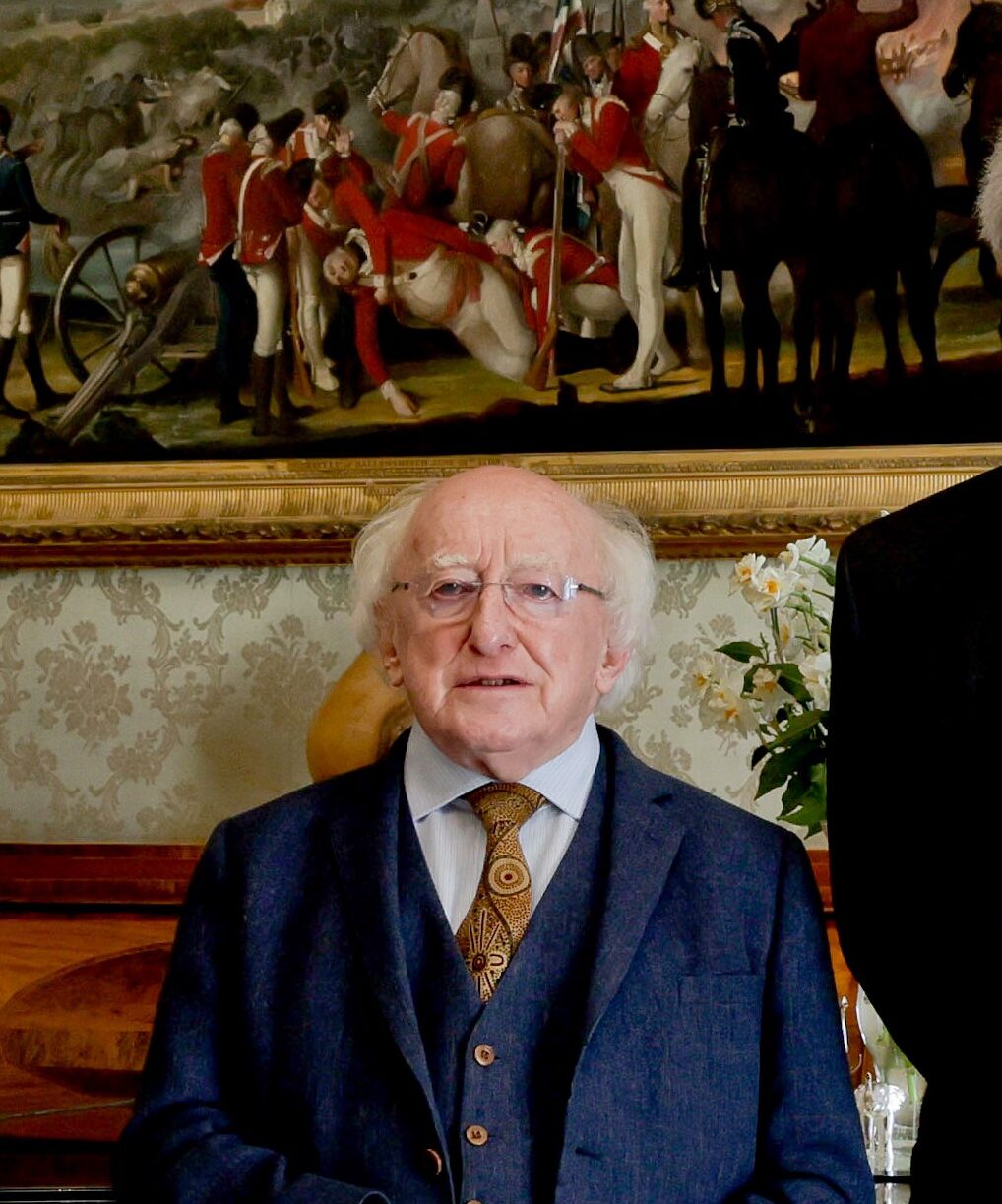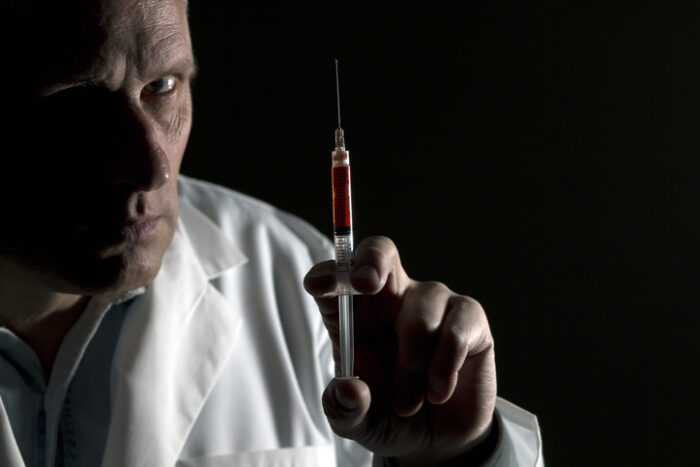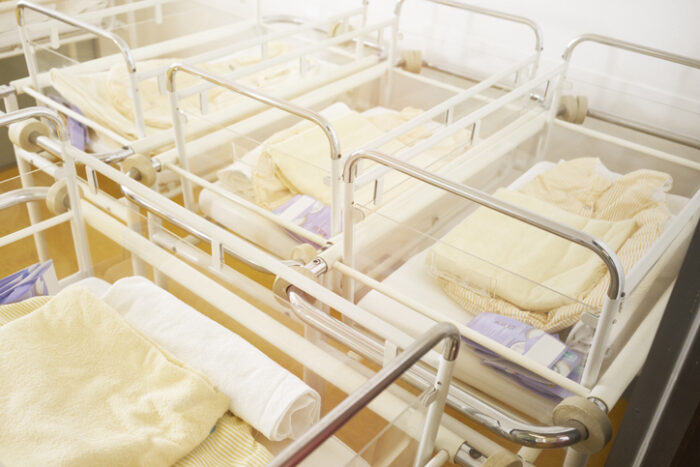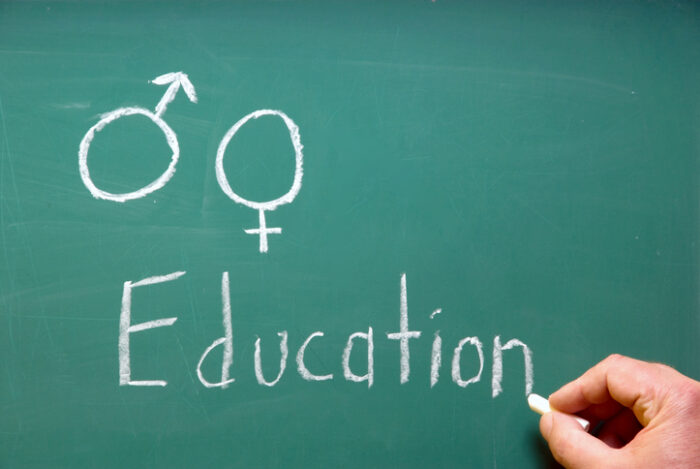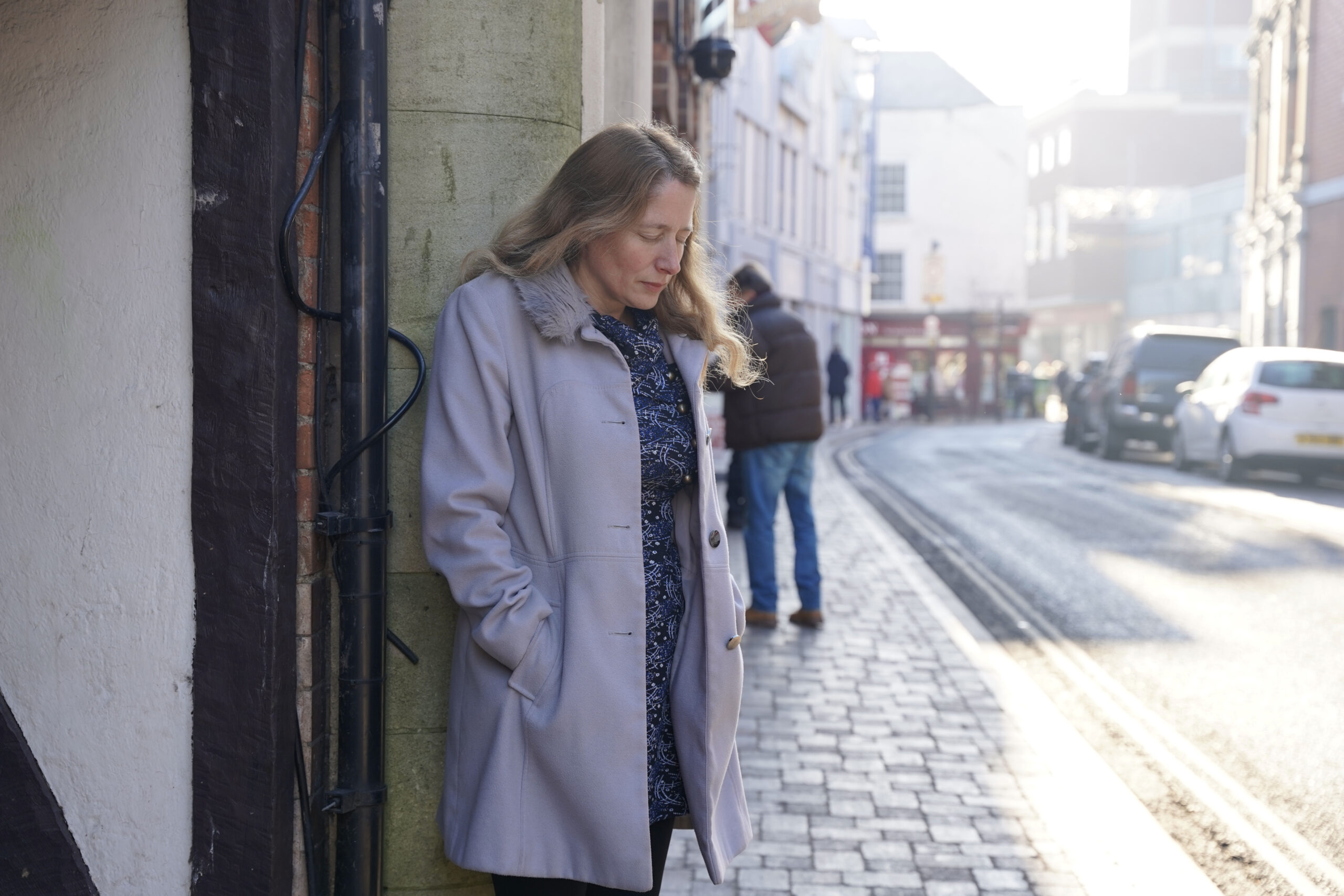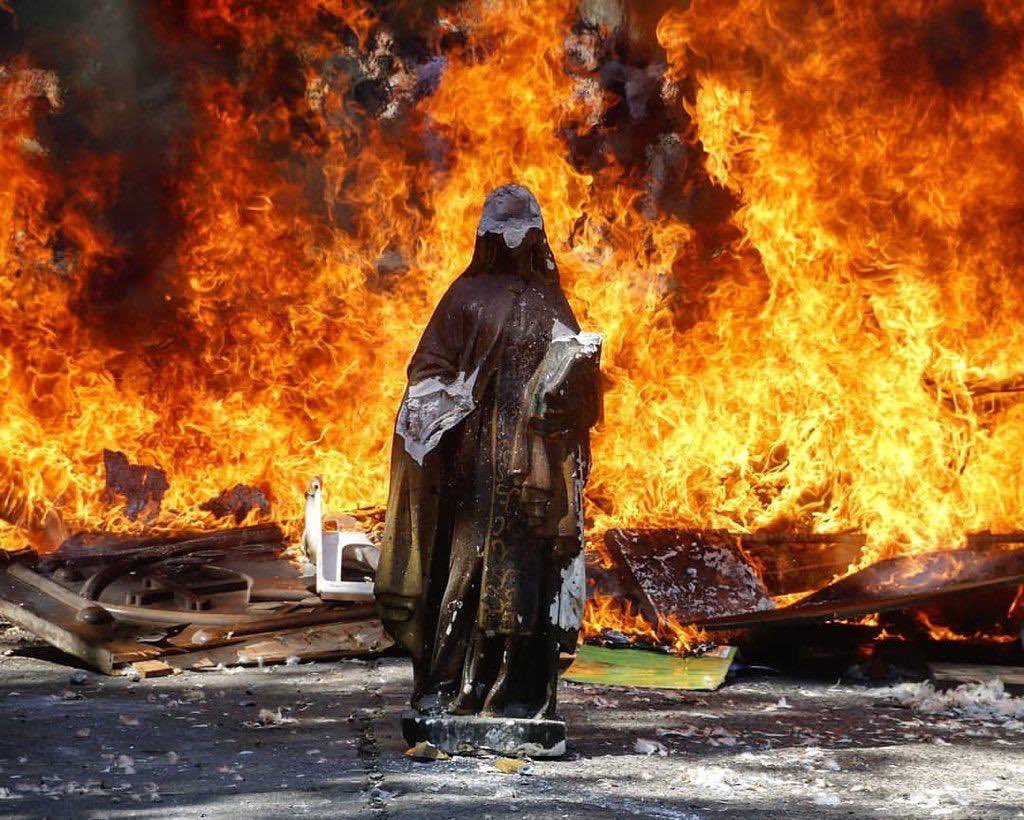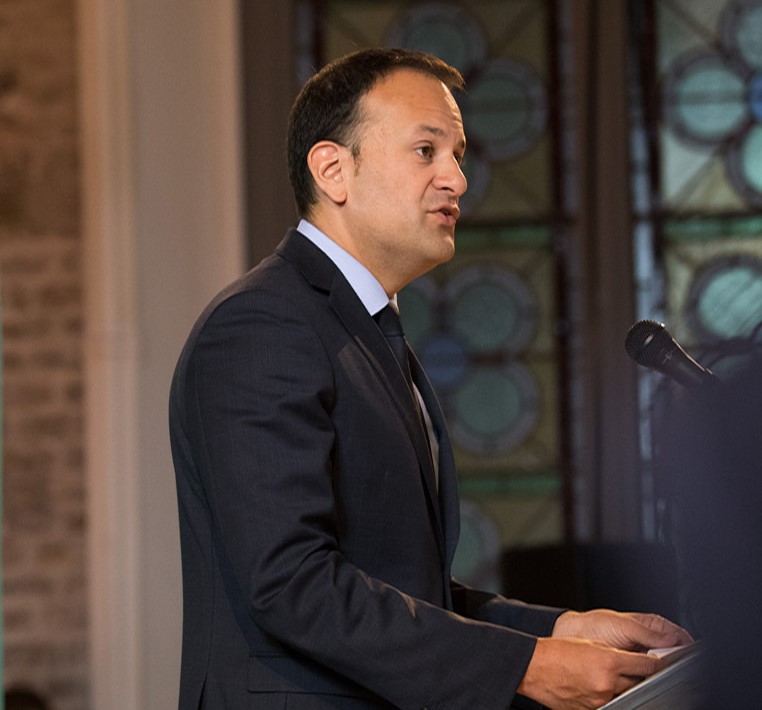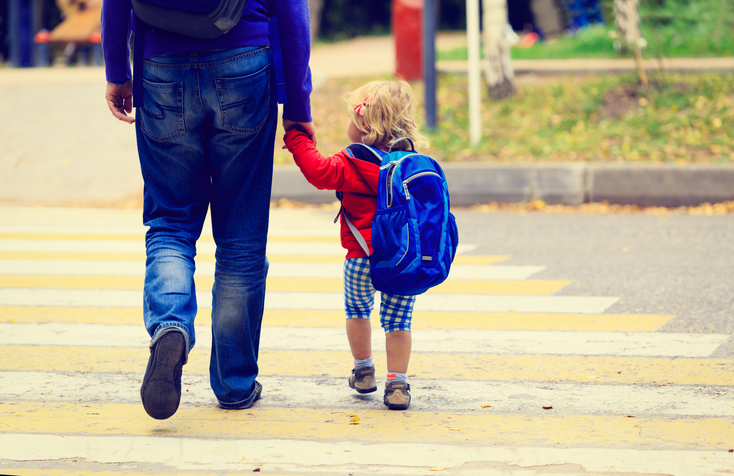Wording for up to three referendums to amend the Constitution on gender equality, the definition of “family”, and mothers working in the home, will be published in the early summer, Taoiseach Leo Varadkar has said. A marriage referendum would be the second in eight years. The Constitution still gives special recognition to marriage and the Government thinks this discriminates against other families.
The changes were recommended by the Citizens’ Assembly on gender equality in 2021 and by a special joint Oireachtas committee last year.
Article 40.1 says: “All citizens shall, as human people, be held equal before the law”, but does not refer explicitly to gender equality or non-discrimination.
Articles 41.1 and 41.3 defines the family as “the natural primary and fundamental unit group of society”, and recognises “marriage” as the institution “on which the family is founded”.
Article 41.2 contains a recognition of the work of mothers in the family home and obliges the State to help mothers to not be forced by economic necessity to work elsewhere.
It has not yet been decided whether Articles 40.1, 41.1, 41.3, and, 41.2 would be simply removed or replaced.

